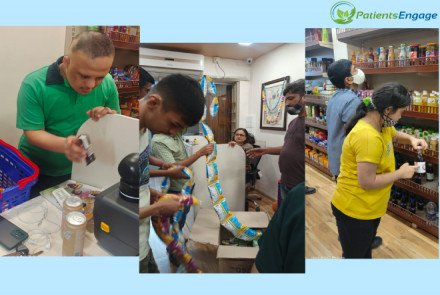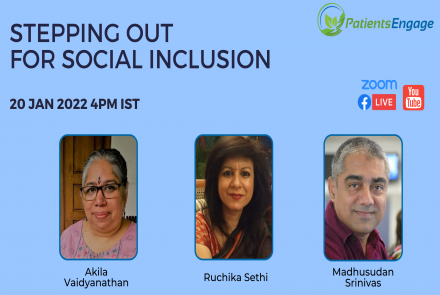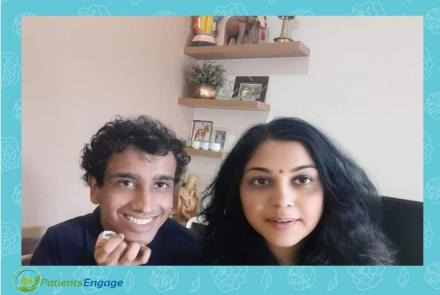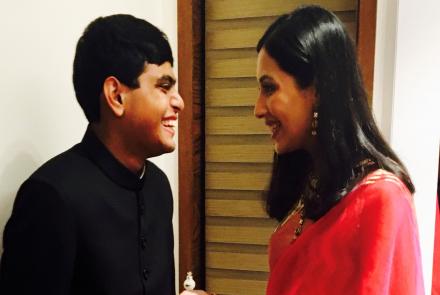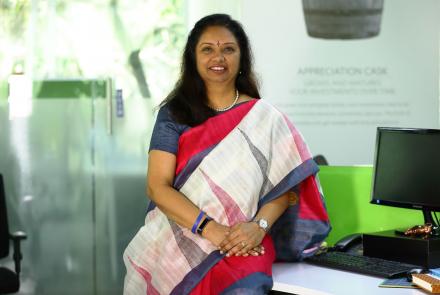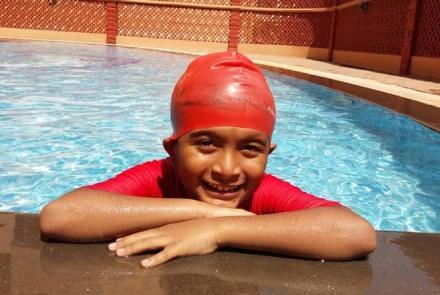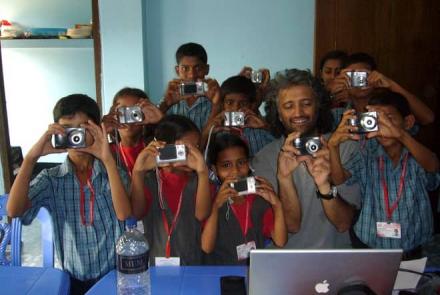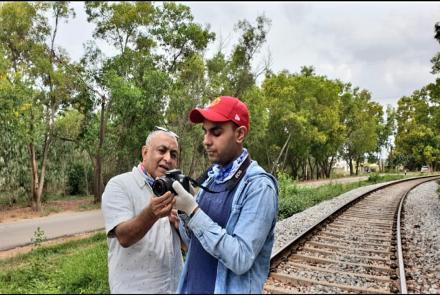
Pranav Kumar Rajgopal is on the Autism Spectrum and works as a Business Analyst in a technology firm. He shares lessons he has learnt based on his experience. His advice to others on the autism spectrum and their parents.
1. Never force your children to do something they are not interested in doing.
Every child is unique and special. They may have an interest in pursuing drawing, painting, and creative craftwork, or pursue hobbies and passions in music and dance. Autistic children may have hidden talents. Parents should be aware of this possibility and encourage them. Children can also become more independent when given some additional responsibilities at home.
Some parents force their children; you should not do this. Some parents say their children have to focus only on academics and push them to another stream which they are not interested.
Example: If your son or daughter is interested in taking a Commerce or Arts stream, why should parents force them to take the Science stream if they are not keen and have no interest in it?
2. A Wish for Group Outdoor Activity
Nowadays parents often don't allow their children to play outside. In the present world, everyone is addicted to technology like laptops, smart phones, and tablets. I am not criticizing anyone. Knowing about the technology is not bad, but children should be playing with others in the evening; that will give some relaxation and happiness.
When I was in my school days, every child used to play some outdoor games like cricket or badminton. I was the only person avoided because everyone had the assumption that “this boy does not know to play cricket or any other games”.
In my locality, I was not given a chance to any outdoor games. Even though I did not know how to play, someone could have taught me these games and encouraged me to try some games.
Everyone makes mistakes, that is very common, so why should we only look for faults?
3. Misleading and exploiting others:
During my childhood days, I would do whatever my classmates or friends asked and never think about it. I was sometimes taken advantage of.
Example:
- A few friends asked me to do their work for them. I never thought why they were asking me. I did not want to be rejected by them, so I made the decision to help.
- I was exploited by many people. Known friends would ask me “please give me money, I need it”. I did not ask them why they were asking. I simply lent them money. If I asked them “please return my money back I am in need” they didn’t have the courtesy to return it. Some friends forced me to do this when I was not in a position to lend and was not interested. I feel this shows they were self-centered, occupied about their need and requirement, and not even thinking about others. I realized this after 10 years in my career.
- These are the incidents where I lose my peace of mind and happiness.
I am telling autistic children that if you are in this situation and not able to make any decision, just think before doing it or seek the suggestion of your parents, family members, or good friends.
Many autistic children are hesitant about talking with their parents. Parents can talk like a friend to them in a polite manner, and ask them about their problems. Parents can give solutions or visit some psychiatrist or counsellor who gives the better solution for a child’s problem if they are not in the position to do so.
4. How to give feedback to children and adults on the autism spectrum
Every child makes mistakes, and that does not mean that they are not bad. When parents and teachers need to give feedback, never ever criticize in public; talk to them in private.
In education institutions like schools and colleges, we find bright, average, and slow learners. If the student is bright, they can teach average and slow learners. If they are not able to give proper guidance, no problem; but don't misguide or make them confused.
As a teacher and professor, you can interact with the students directly and ask if they face any challenges in the practical subjects. Some children will be more hesitant to ask about their doubt in the class. You can tell them “please come and meet me after the class hours where I will help you solve your problems”. Instead of showing sympathy, just show them empathy.
Teachers or lecturers should never compare one student with another student. It will create a complex in their mind and that will lose their self-confidence. Motivate them in front of others - that will really give them confidence.
There should be some counselor in the educational institution who can be a mentor and guide for persons with intellectual disability.
5. Mentoring on the job
I have seen young adults complete their graduation and get into jobs. When they start a new job, they are often not aware of the basics. Then, the supervisor in the organization may criticize about not knowing about the basics related to MS Office. Please teach new employees about the basics of a job before giving them the main task.
Example:
When you hire a person on the autism spectrum in an accounting firm, even though he/she may have studied the basics during their college studies, it is common that they do not get enough hands-on experience. It is therefore necessary to train and orient their new recruits. A buddy who can guide the intern would be helpful.
Similarly a tool like MS office learnt for getting through an exam is not the same as what will be needed for work on a day to day basis. The supervisor or a buddy can show the employee the tricks of the tool.
Finally the area where a mentor or a buddy is essential is in guidance on social behaviour, inter-personal skills, communications in both oral and written forms and even email etiquette.


